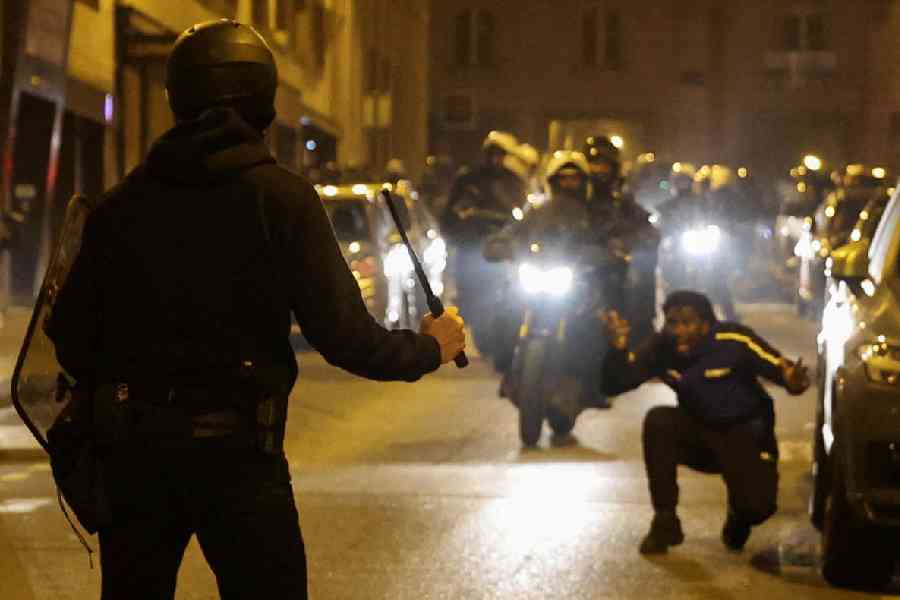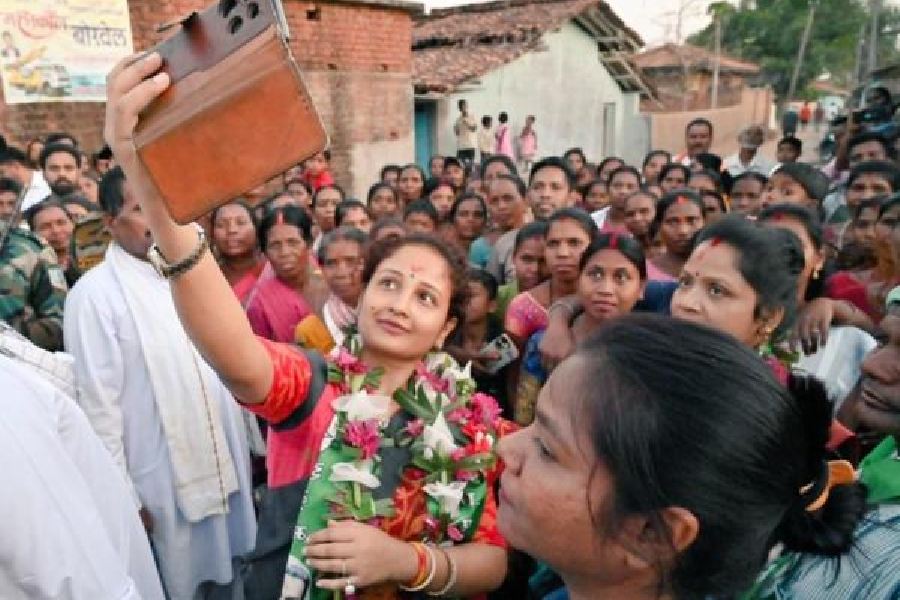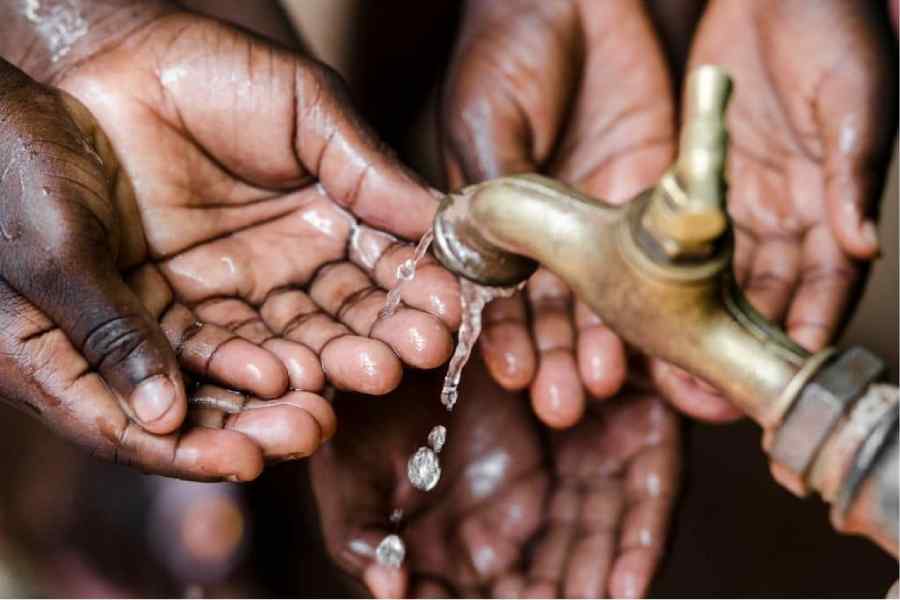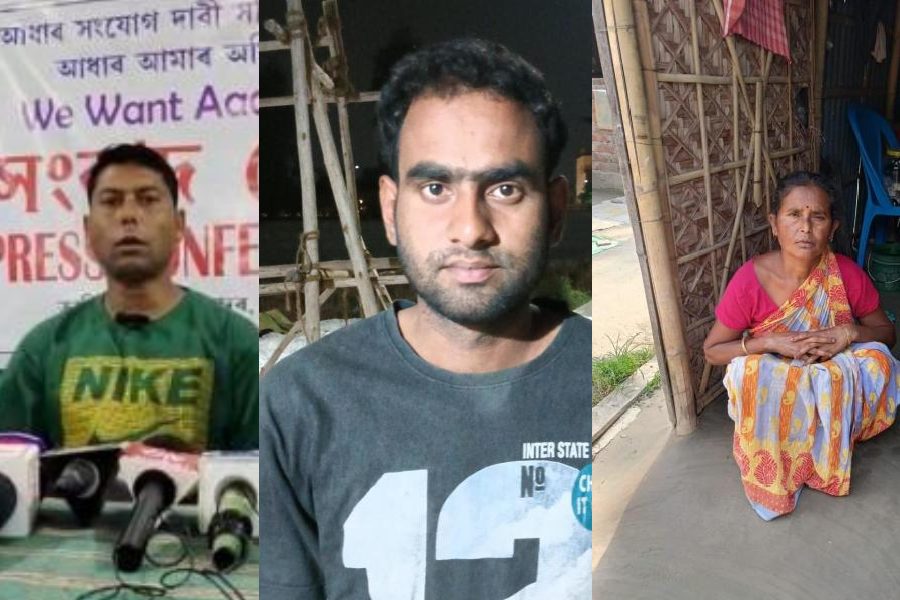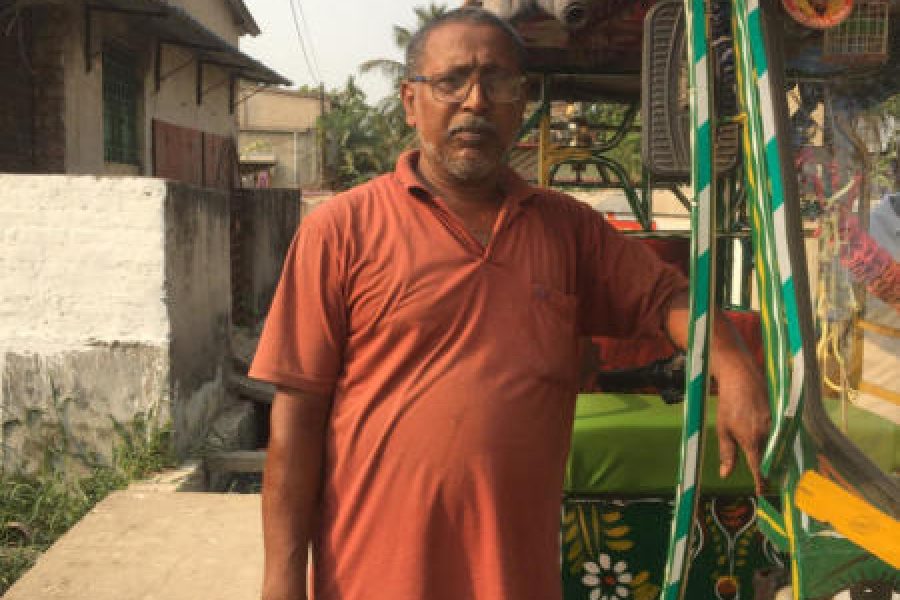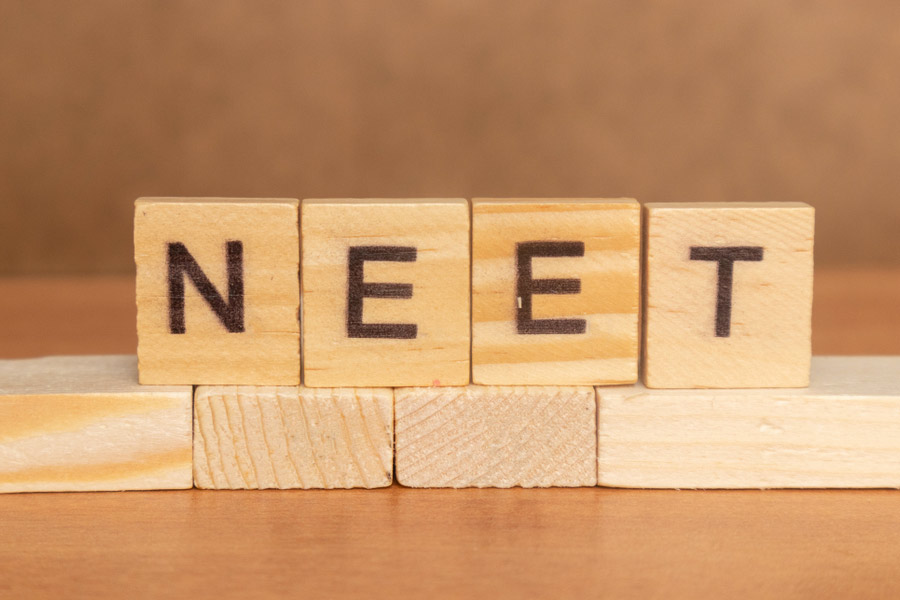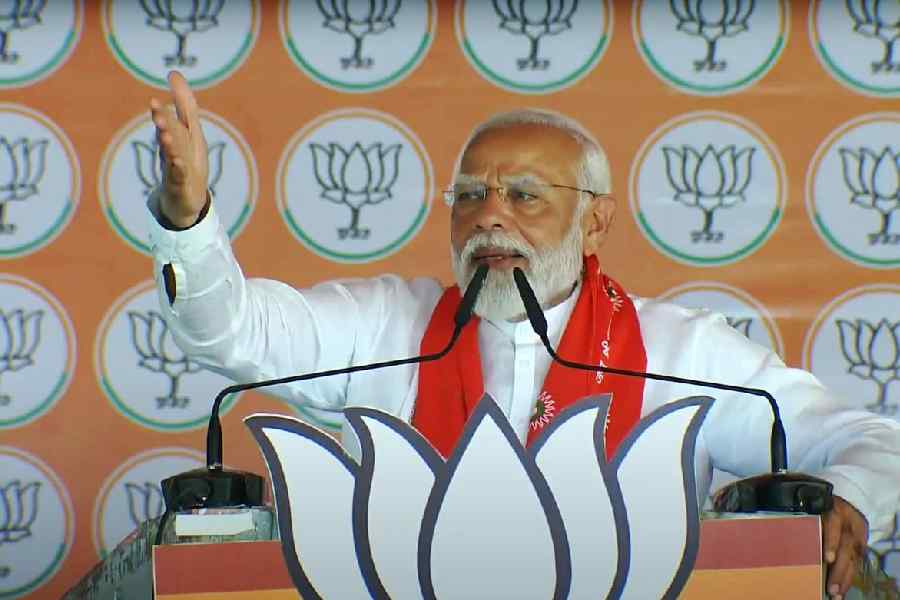Not about race, seems to be the official line. This is about the killing of a French teenager of Moroccan and Algerian descent by a policeman in Nanterre, a suburb of Paris. The police chief of Paris was “shocked” when the UN human rights office used the term “racism” while criticising the French law enforcement. The Alliance Police Nationale union described the rioters as “vermin”. No one has said “black” or “race”. The much-used word, instead, is banlieues, a product of two French words, ban meaning to forbid and lieue or league. A word that has come to connote low income, predominantly immigrant families; immigrants from North Africa, Maghreb and western Africa. Take the case of Paris --- two million people live in Paris, and 10 million live in its banlieues. Poor housing, no access to healthcare, low on education, high on crime, low on employment, that’s banlieues for you. An article in the magazine NewThinking about banlieues has a headline that begins, “The Paris Emily Never Sees…”
Nahels of Nanterre
The birth of the banlieues can be traced back to the late 19th century, when Napoleon III commissioned Georges Eugene Haussmann to remodel Paris. Historians also note how the post-war years witnessed a growth in low-cost housing in the suburbs of French cities to accommodate “workers recruited from North African states and former colonies to assist in post-war industrialisation”. From the sound of it, banlieues are very much about race. Racism is discrimination. Discrimination is about distancing, through policy, through politics, through policing. It is being said that Nahel’s killing has nothing to do with race and yet, according to news reports, in the last one year 13 people have been killed by French police after being stopped for traffic violations --- all of it courtesy a new law passed in 2017. In 2021, Amnesty International and five other rights groups filed a class-action lawsuit against the French state alleging ethnic profiling by police during ID checks.
Who pulled the trigger?
Neither the name nor ethnicity of the cop who shot Nahel has been revealed, but it is not impossible that the colour of Nahel’s skin triggered the reaction that it did. It has been known to happen right through history. Racism is after all heirloom prejudice. Nahel’s mother has said she blames only one person for her tragedy, but is it indeed a single individual who caused Nahel’s death? Is it just one cop who knelt on George Floyd’s neck till he said: “I can’ breathe” and died. Junaid, who loved his soyabean biryani, but was taunted for being a beefeater, was he stabbed to death by just one group? The Dadri lynching, was it just a village half crazed? Is it really one man, the man in the frame, urinating on the tribal labourer in Madhya Pradesh? It almost never is.

